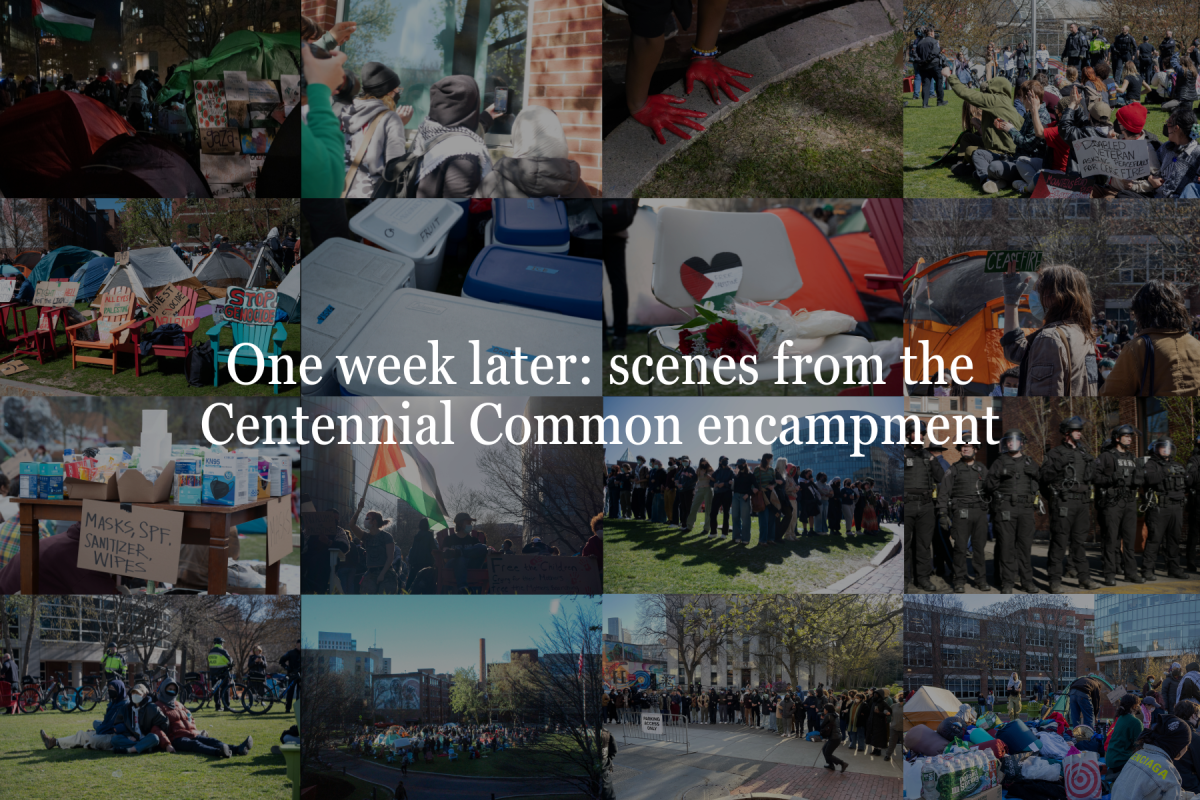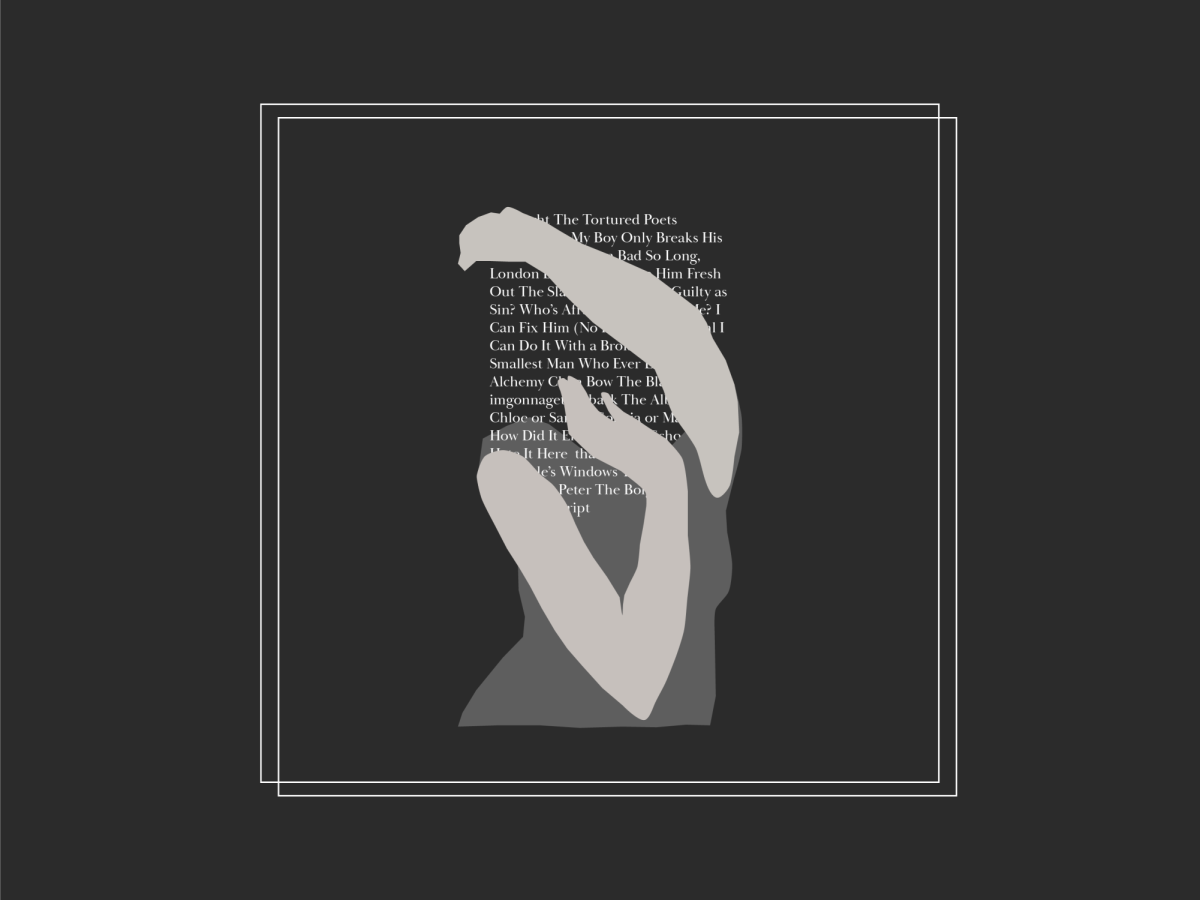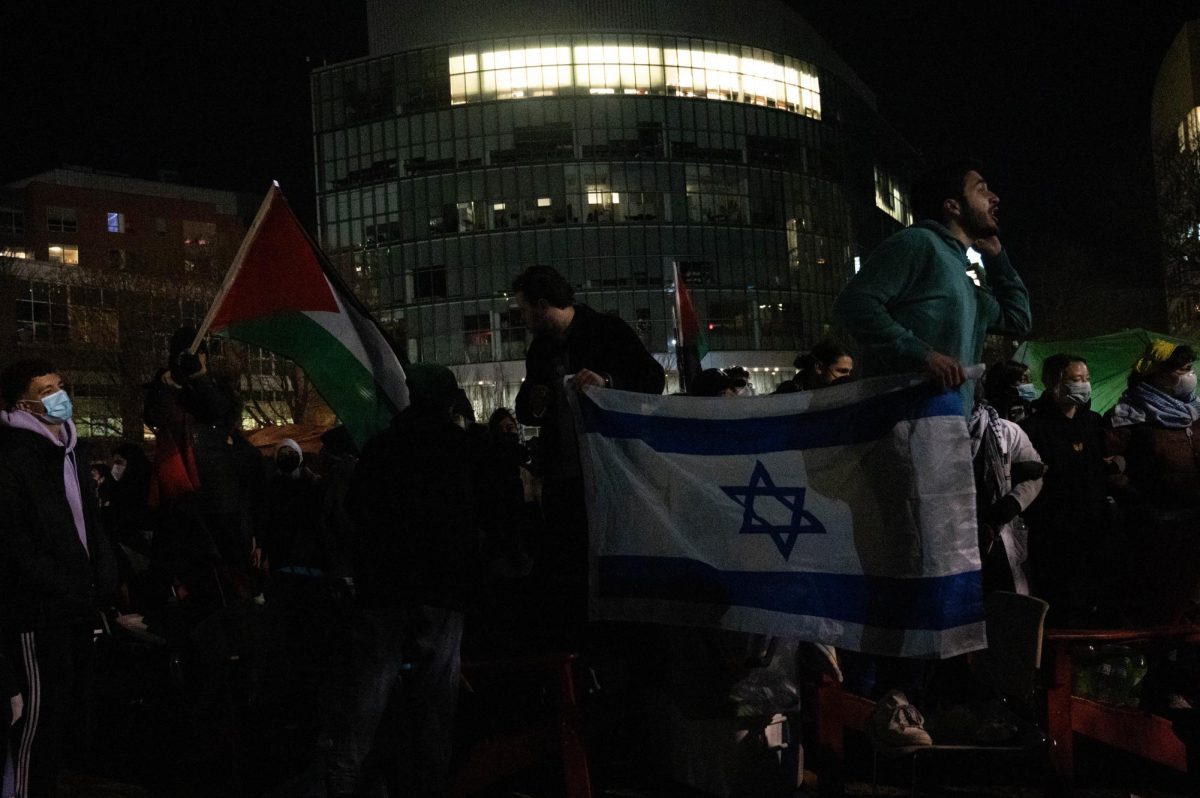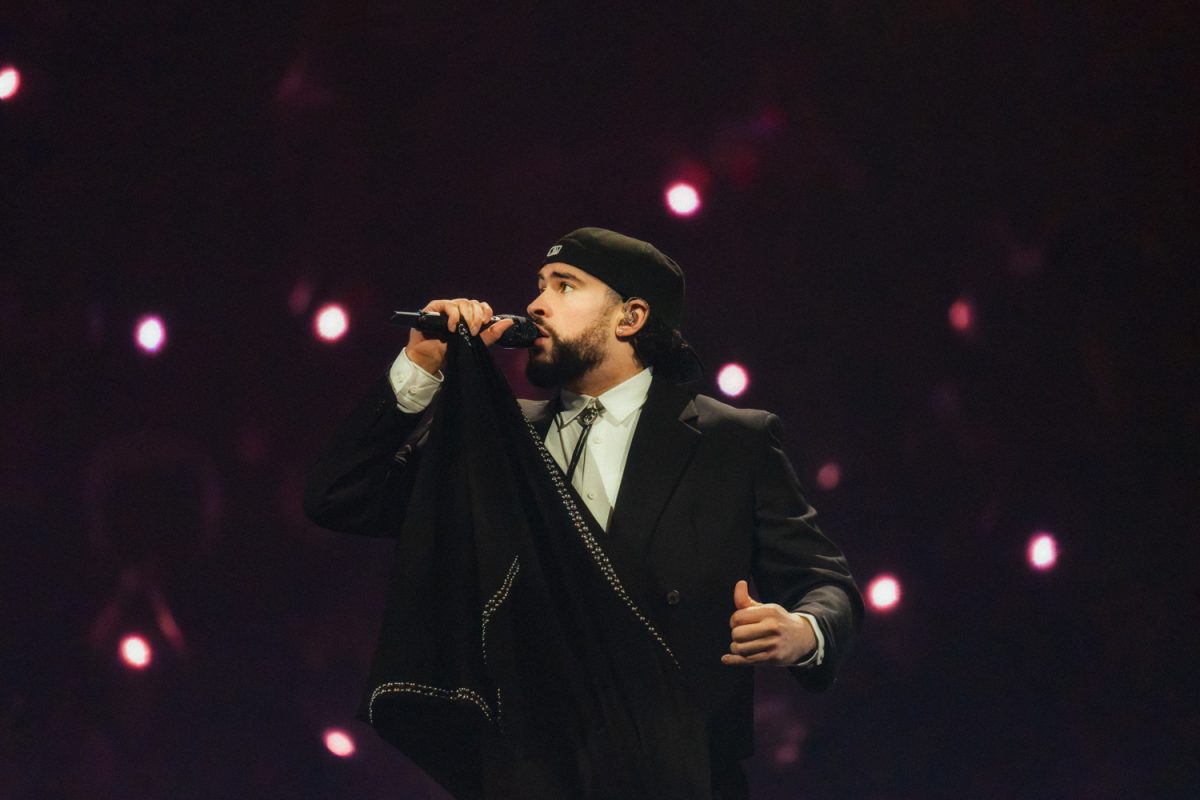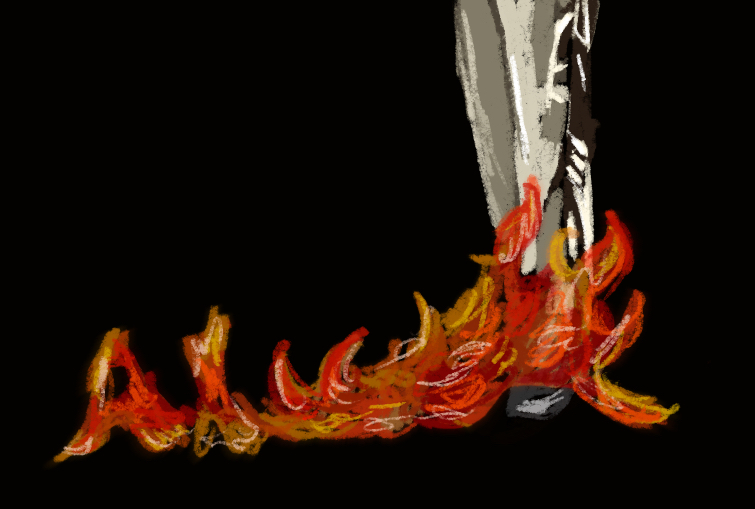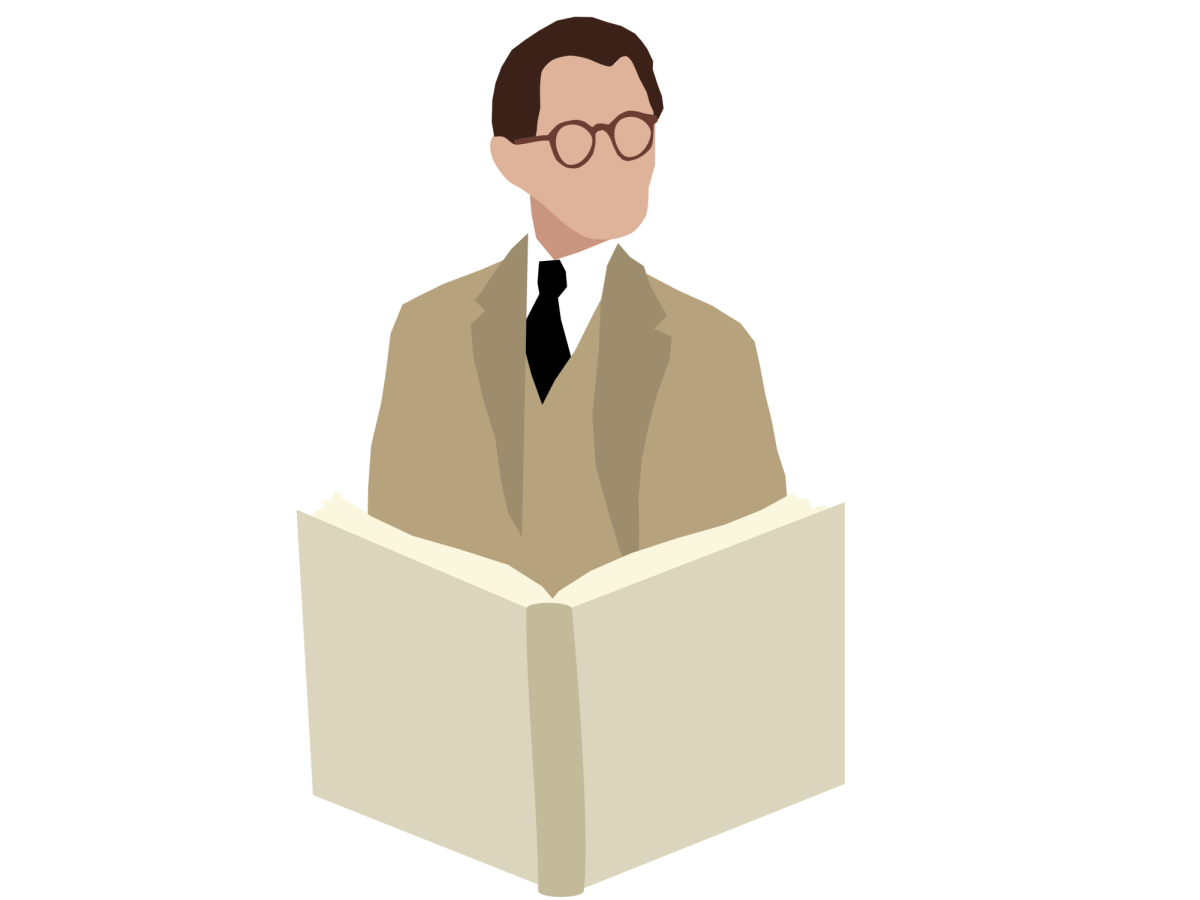By Yisu Kim, News Staff

More than 70 years after the infamous massacres of the Holocaust, the Northeastern community is rallying to remember the lives lost next week through a series of free, public events.
The Northeastern Humanities Center joined with Northeastern’s Holocaust Awareness Committee to organize the functions.
“To me, it is very important to think about how the Holocaust unfolded,” said History Department Chair Uta G. Poiger. “I hope that I can engage the audience in discussion of Holocaust remembrance.”
Poiger and senior communication studies major Emili Kaufman will speak at the Holocaust Awareness Breakfast Tuesday, April 3 in 240 Egan Research Center at 7:30 a.m. At 6 p.m. there will be a screening of the film “Elusive Justice: The Search for Nazi War Criminals” in 90 Snell Library. This documentary follows the men and women who refused to give up the search for Nazi fugitives after the war, tracking down mass murderers when governments and other institutions gave up the search.
Pulitzer Prize-winning novelist Michael Chabon will give a speech titled “Imaginary Homelands” at 7 p.m on April 4 in Blackman Auditorium. The author of “The Amazing Adventures of Kavalier and Clay” and “The Final Solution,” Chabon includes themes of Jewish identity in much of his work.
Kaufman, who became a Gideon Klein scholar in May 2011, received a grant from the Jewish Studies program for studying the Holocaust. Her scholarship honors the memory of Gideon Klein, a composer and pianist who was imprisoned in concentration camps until his death in 1945.
Like Klein, the subject of Kaufman’s research suffered the suppression of his art and ultimately his life in the Holocaust. At the breakfast, she will present her research on the Jewish surrealist painter Felix Nussbaum in her speech “Legacy of an Artist: Felix Nussbaum.”
“The Gideon Klein scholarship just sounded perfect because it was a combination of art and Judaism,” Kaufman said. “My inspiration was my father, who was an illustrator. I wanted to do research on a painter. I went with Felix Nussbaum and I really just fell in love with his work. I felt that this was a good way to explore the Holocaust in a different way other than just taking a course on it.”
To further her research on Nussbaum, Kaufman travelled to Brussels, where Nussbaum was exiled during the persecution of the Jews as well as Berlin, where he went to art school. There, Kaufman had access to unpublished files on Nussbaum’s career, which she had translated to aid her in her research.
According to research done by The Holocaust Martyrs’ and Heroes’ Remembrance Authority, Nussbaum was arrested when Nazi Germany attacked Belgium and deported prisoners to a camp in France. Nussbaum’s paintings reflect the sorrow during this time and the brutalities of the Nazi ascension to power.
“The presentation will mostly be talking about his artwork,” Kaufman said. “I really hope that Felix Nussbaum gets more attention in the United States. If he had survived the Holocaust, I truly believe that he would be a very influential artist to us today, but because his life was cut short, he just doesn’t get the recognition that he deserves. I’m passionate about it, and I hope that I can help other people become passionate about it as well.”
Holocaust Awareness Week’s organizers hope the events will highlight this dark period in history and reflect upon the repercussions of Nazi reign, Poiger said.
“One historian has said that the Holocaust is the most important historical metaphor in our time,” Poiger said. “It is an event that at this point has gained universal significance.”
Through remembrance of the atrocities committed by the Nazis, Holocaust Awareness Week’s organizers seek to inspire participants to work towards an age of peace.
“The Holocaust reminds us what we are capable of,” Kaufman said. “It’s always important to be on our toes and be aware that these things do happen, and it’s absolutely inexcusable for the world to allow it. The Holocaust teaches us that we should strive for the unity and tolerance that didn’t exist back then in Germany.”


